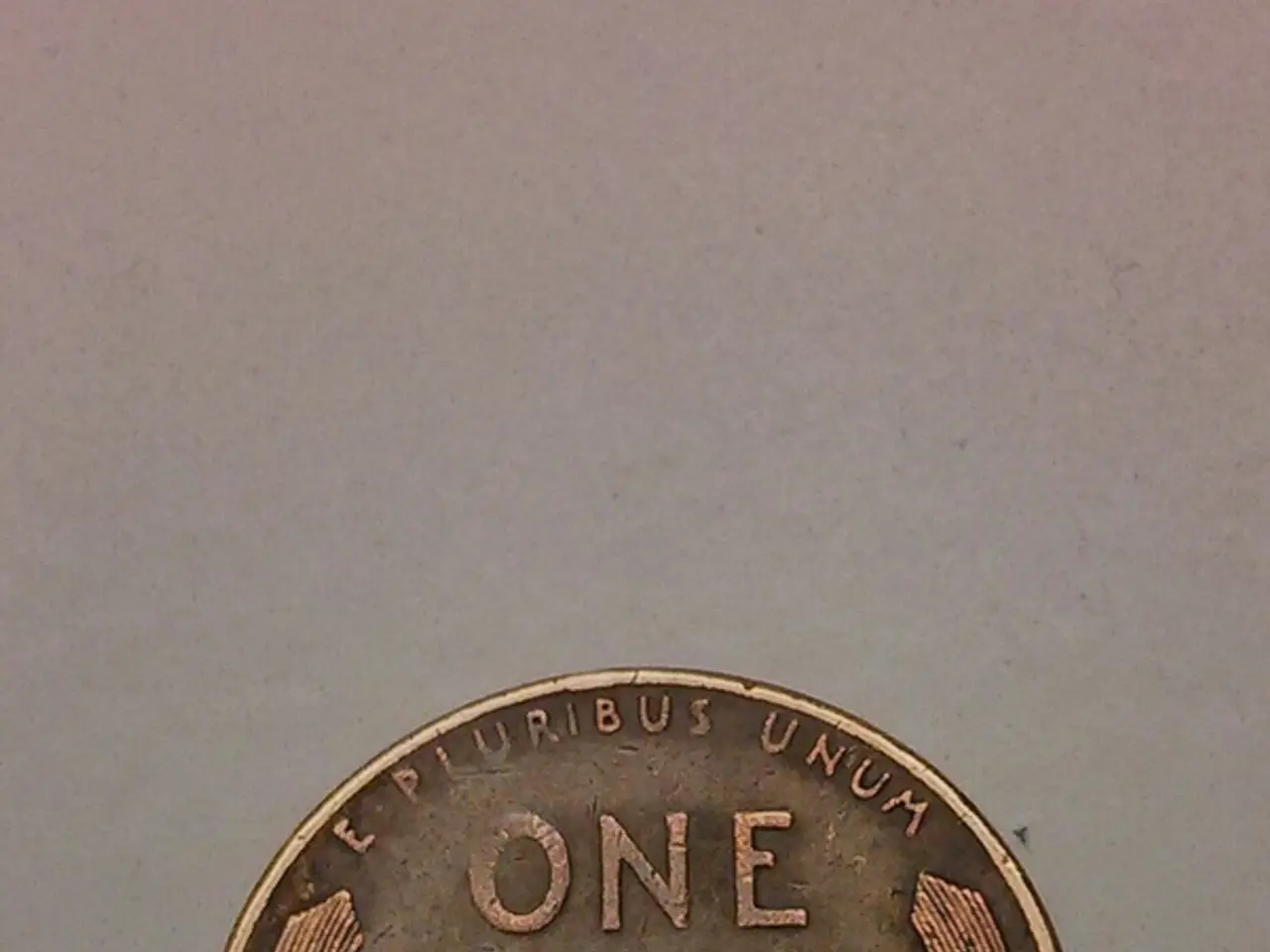U.S. Omits to Renew H-1B Lottery System Structure
## Proposed Change to the H-1B Visa Allocation System: Addressing Criticisms and Boosting Wages
The H-1B visa program, long criticized for its perceived negative impact on US worker wages, labor rights, and potential abuse by outsourcing companies, is set for a significant overhaul. The proposed change involves shifting from the current random lottery-based selection process to a weighted, merit-based system.
This transformation, championed by the Trump administration, aims to prioritize applicants based on factors such as salary level, job specialization, and possibly advanced qualifications like master’s degrees. The Department of Homeland Security (DHS) has submitted proposals to this effect, specifically for the 85,000 visas subject to the annual cap (including 20,000 set aside for U.S. master’s degree holders).
The new system aims to address program criticisms in several ways. By prioritizing higher-paying positions, it is hoped that the H-1B program will align more closely with its original intent—attracting high-skilled talent—while also helping to protect domestic wage standards.
In terms of wages, the proposed change would make it harder for companies to use the program to hire workers at lower wage levels. This is intended to reduce the potential for undercutting wages for similarly skilled US workers. If implemented, companies offering higher salaries, often for more specialized, high-demand roles like AI, tech, or healthcare, would see their petitions prioritized, while those seeking to fill lower-wage roles would be less likely to secure visas.
There are also plans to reduce the incentive for mass filings of low-wage petitions by outsourcing firms, which have been seen as gaming the system and crowding out other employers. This could be achieved by moving to a merit-based system that values salary and specialization, and by potentially implementing sector-specific allocations for industries with genuine shortages.
The overall aim is to make the program more equitable, reduce opportunities for gaming, and ensure that visas go to employers and workers who contribute most to US innovation and competitiveness.
If adopted, these changes would mark a significant departure from the current system, potentially reducing the dominance of certain outsourcing firms and increasing the share of visas going to higher-wage, specialized roles. However, the transition could also create uncertainty for employers and applicants accustomed to the lottery system, and the exact criteria for the new selection process remain under review.
Stakeholders are advised to monitor official announcements and consider consulting immigration experts to navigate the evolving landscape. Notable figures such as Hira, a co-author of Outsourcing America and a frequent witness before Congressional committees about US immigration policy, have advocated for additional measures to further protect US workers and labor rights, such as requiring employers to actively recruit US workers before hiring H-1B workers and implementing stronger wage protections.
- The transformation of the H-1B visa system, driven by the Trump administration, involves employing a weighted, merit-based selection process that may prioritize high-paying positions, advanced qualifications, and specialized roles in fields like AI, technology, and healthcare.
- The proposed reform aims to decrease program criticisms by prioritizing greater wage alignment with US standards and reducing potential abuse by outsourcing companies.
- By moving towards a merit-based system that values salary and specialization, the new system intends to lessen the incentive for mass filings of low-wage petitions by outsourcing firms, thus making the program more equitable.
- In the realm of policy and legislation, further measures are being advocated to protect US workers and labor rights, such as requiring employers to recruit US workers before hiring H-1B workers and implementing stronger wage protections.
- Staying informed about official announcements and consulting immigration experts will be crucial for stakeholders navigating the evolving H-1B visa landscape as the policy changes unfold amidst ongoing debates in general news, education and self-development, career development, and politics.




